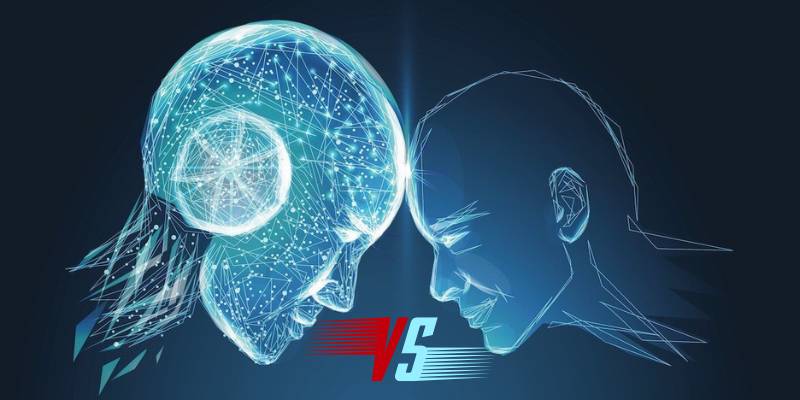Denmark is rewriting the book on how to defend itself in a digital democracy.
The government’s latest proposal, which was announced in a recent statement, grants individuals the rights to their likeness – laying down some legal armor against deepfake videos and AI-generated clones unleashed upon the internet.
What’s so wild is how rapidly this tech shifts. Just months ago, the BBC found networks of people that were propping up fake celebrity videos for profit.
The way Denmark has responded seems to me like a wake-up call that countries still sleeping though the deepfake crisis are so desperately in need of.
The proposed law does more than just punish offenders; it requires platforms to take action. Imagine Instagram or TikTok having to remove an AI-generated video within hours, not days.
That’s huge. And it resembles the European Union’s forthcoming AI Act – a sprawling regulation meant to curb abusive A.I. use while saving innovation.
Critics, though, are skeptical. And they cite the United States, where policymakers are still grappling with how to label and track synthetic media.
A recent report from Reuters revealed that mismatched federal agencies are just getting their sea legs in tracking AI impersonation scams. It’s mayhem – consider digital fingerprints all over the internet, impossible to scrub clean.
But here is what I love about Denmark’s approach: it’s personal. This is not a matter of tech companies battling one another; it’s about defending the faces, voices and humanity of people.
The justice minister even stated that “no one should wake up to discover they’re starring in a porn movie they never signed up for.” That line hit me. It’s both chilling and true.
Other countries might follow Denmark’s lead, and, perhaps, a global standard will begin to emerge – maybe there will be something that looks like the GDPR moment in identity for the age of generative AI.
Until then, deepfakes will continue to slide through the cracks. But for the moment at least, one small Nordic country is standing up, saying: not on our watch.


